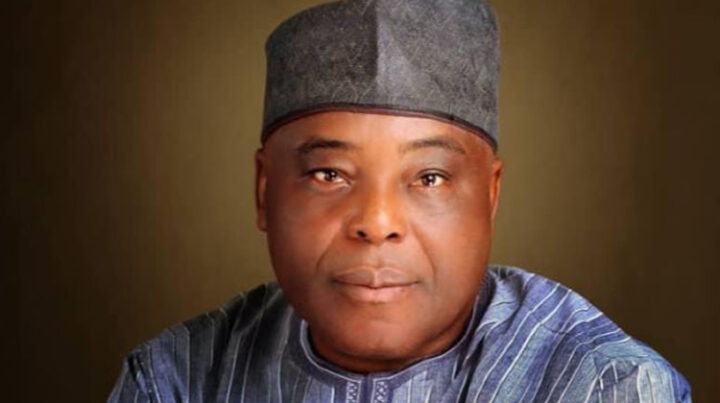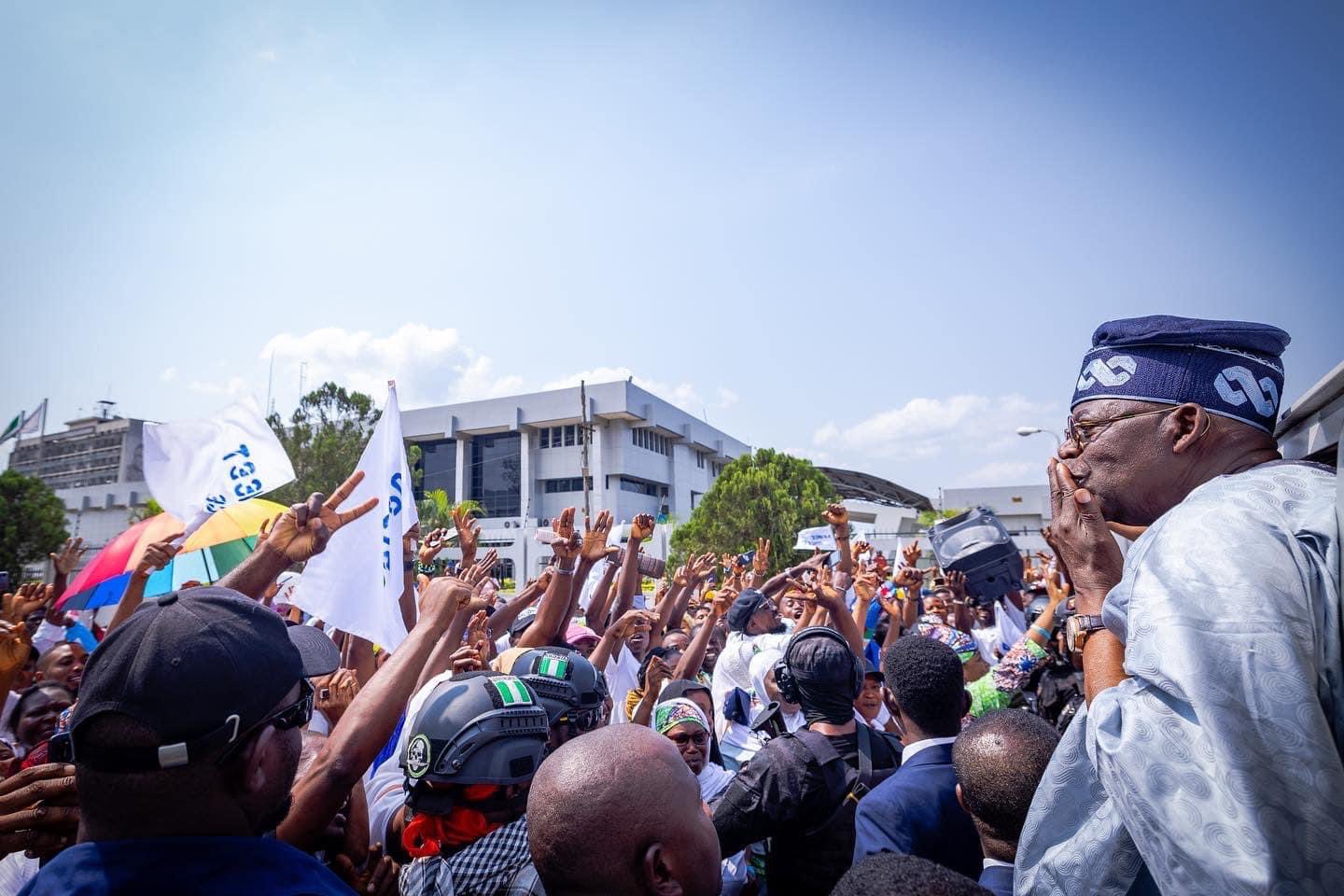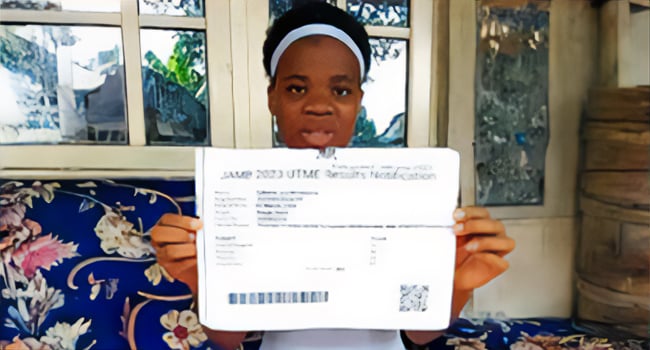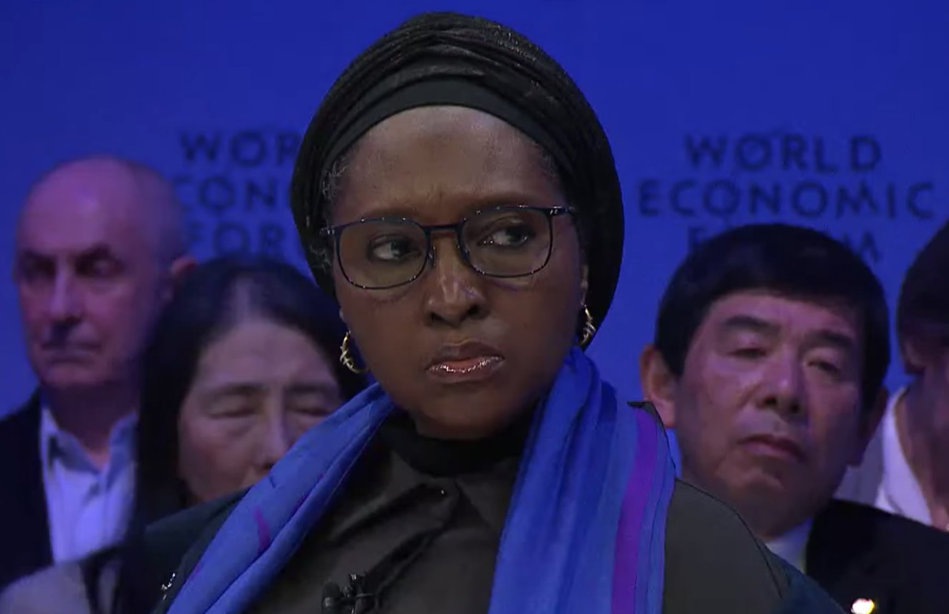The apotheosis of Dokpesi Anthony Aleogho Raymond (DAAR) was confirmed penultimate week in Agenebode, Edo State, when, in an elevated moment of deserved glory, his remains were placed in a mausoleum at his residence by the riverside as a lasting testimony for his progeny that “here lives the spirit of a man who gave the nation very profound and unforgettable moments.”
It was a fitting and pleasurable harvest of good deeds that the platform of DAAR Communications –broadcasters of AIT, Raypower and FAAJI FM, the irrepressible platform which Dokpesi used to tell the story of the poor folks and sundry struggling people of Nigeria, and elevated quite a number to stardom, the very platform which internalized the beauty of our culture – music, movies, arts and craft, and plain, lucid storytelling, was there to bring his heroic exploits to the global community. A star was in apotheosis and comets were all over the heavens!
Quite a number of people have told me that they didn’t really know the man, and that he had affected the nation to such an extent, and that his image looms much larger now than anybody would ever have contemplated.
Yes, they now agree with me that the nation never really knew Dokpesi, and unfortunately, never will. So, the nation’s leadership, for as long as I can remember, pressured him to a departure that we all now regret. Because, from all indications, he had so much more to offer to a nation that would always eat up its best. But that will not stop his followers, admirers and beneficiaries from saying the truth; nothing but the truth, the unfailing truth that hurts the wicked.
Advertisement
In the past couple of weeks, say a few days over a month now, I have asked myself one question: where would the entertainment industry in Nigeria be without Dokpesi? Could the answer to this question just be like arrogating to one man an overwhelming sense of achievement?
Two significant dates changed the story of entertainment in this country. September 1, 1994, when the first private radio station in the country, Raypower 100.5, hit the airwaves and December 6, 1996, when the first private TV station, the African Independent Television (AIT) introduced television viewing diversity to our screens, courtesy of the audacious investment undertakings of Dokpesi. It was a dangerous launch into the deep but the attendant success and appreciation of nation starved of meaningful entertainment, have made all that pain endurable if not pleasantly.
Entertainment hopefuls used to hang around the few government broadcast stations available, knocking on doors that may never be opened to them. You know monopoly has a way of breeding arrogance and this thrived in Nigeria of yore.
Advertisement
Some entertainers tell their story in Dokpesi’s authorized biography, The Handkerchief. This is the story by Wale Adenuga, one of the biggest content producers in Nigeria, whose company produces hit TV programmes like Papa Ajasco and Super Story.
‘’My vision and dream was to transform those characters in my magazines onto the television screen. And before then, I have run from pillar to post. I have been to a couple of TV stations, but then I was not lucky till I got to AIT and in no time, the proposal was welcome and accepted. He supported me with equipment, money and every other thing and I produced under the supervision of their producers. In 1997, Papa Jasco TV drama was born on AIT. By then, it was called the Ajasco Family. It came out beautifully. From episode one we started to make waves. So in short, in that year, the programme would not have come out but for the intervention of Aleogho and I give that to him. At that same time, he was also bankrolling and producing programmes like the Family Circle and so many others. So most of us who are big producers today owe High Chief so much gratitude for making our dreams come true. I can never forget. He was God sent because God actually sent him to help us actualize our life ambitions,” Adenuga stated in the book.
Idris Abdulkareem of Nigeria Jagajaga fame has his testimony as well. ‘’Without Kenny Ogungbe, there wouldn’t have been Idris Kareem. There wouldn’t have been Timaya, D-Banj, and the new school music. Without Chief Raymond Aleogho Dokpesi, there wouldn’t have been Kenny Ogungbe. See the spirituality. There’s no way I will talk about Chief Raymond Aleogho Dokpesi and I will not talk about Kenny Ogungbe…..Chief Raymond Aleogho Dokpesi, thank you Sir. On behalf of the new school, those who started in the afro Raypower that is now called the Afro Beat all over the world.”
He listed a few of the beneficiaries as follows: Daddy Showkey, Lagbaja, Baba Fryo, Nicrogravity, 2 Face Idibia, and even Sunny Ade. People may see the inclusion of Sunny Ade quite differently. But between Sunny Ade and Dokpesi, there was an unbroken link that may need a dedicated episode to explain.
Advertisement
Let me touch the case of Kenny Ogungbe which is even more interesting and seems to have strong imprimatur on the early achievements of Dokpesi’s broadcast company. Ogungbe had lived in Los Angeles. At the deregulation of broadcasting in Nigeria, Ogungbe had taken Dokpesi to visit Steve Wonders radio station in Los Angeles. With the kind of studio he saw and the quality of music belting out, Dokpesi didn’t need any convincing any more. ‘’I need to bring this kind of broadcast quality to Nigeria,’’ he told himself. He ordered his equipment on the spot. The initial amount was staggering.
Ogungbe was to return to Nigeria to form the kernel of a risk-taking group of young men and women that would make broadcast history in the country. He minted some live radio programmes that yielded a bunch of aspiring musicians that would eventually be nurtured to stardom under his new music label, Kenny’s Music. Quite a number of them have moved on. But Ogungbe, kekeke, the sobriquet that would swallow up his name, had made his point. He was making stars, why, he too, along with D-One, was becoming a big star. The music sector of the entertainment industry was witnessing a renaissance while Nollywood was loading fast. The country’s entertainment industry has become a global puzzle but some people paid the price.
I have always comforted myself with this information, that Raymond Aleogho Dokpesi, more than anyone else, had built the entertainment sector almost solely with his ambitious investments and visionary propositions for broadcasting. Because, really, entertainment feeds the hub of content while content provides the backbone for broadcasting. In this complicated relationship, Dokpesi was weaving a beautiful story that could be told from Africa especially led by Nigeria.
Zeb Ejiro, popularly called the Sheik of Nollywood, told me a story that had both of us scrambling for beautiful memories of the past.
Advertisement
‘’Dokpesi is a man that does not know how to say no to his friends. He would put himself in very disadvantaged position to help people. He would always find a way. Domitilla stands as one of the best movies of the 90s, all because of Dokpesi. I went to NTA with the movie and they asked for N6m. I went to Dokpesi and told him we need to go to the cinema with Domitillia. And you cut the promo. I want it as loud as Benson and Hedges Loud in Lagos. He said, we will make it louder. And Domitilla became a hit. He sees a good thing from afar,’’ Zeb recalled.
Like most of us, Zeb Ejiro refuses to believe that the man has gone on a long journey, so the present and the past become mixed up in the system. My final affirmation however, is that Dokpesi and the entertainment industry embraced each other very conveniently, but the latter climbed on his broad shoulders to hail the attention of the community.
Advertisement
Views expressed by contributors are strictly personal and not of TheCable.
Add a comment







